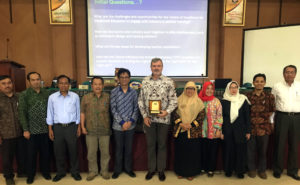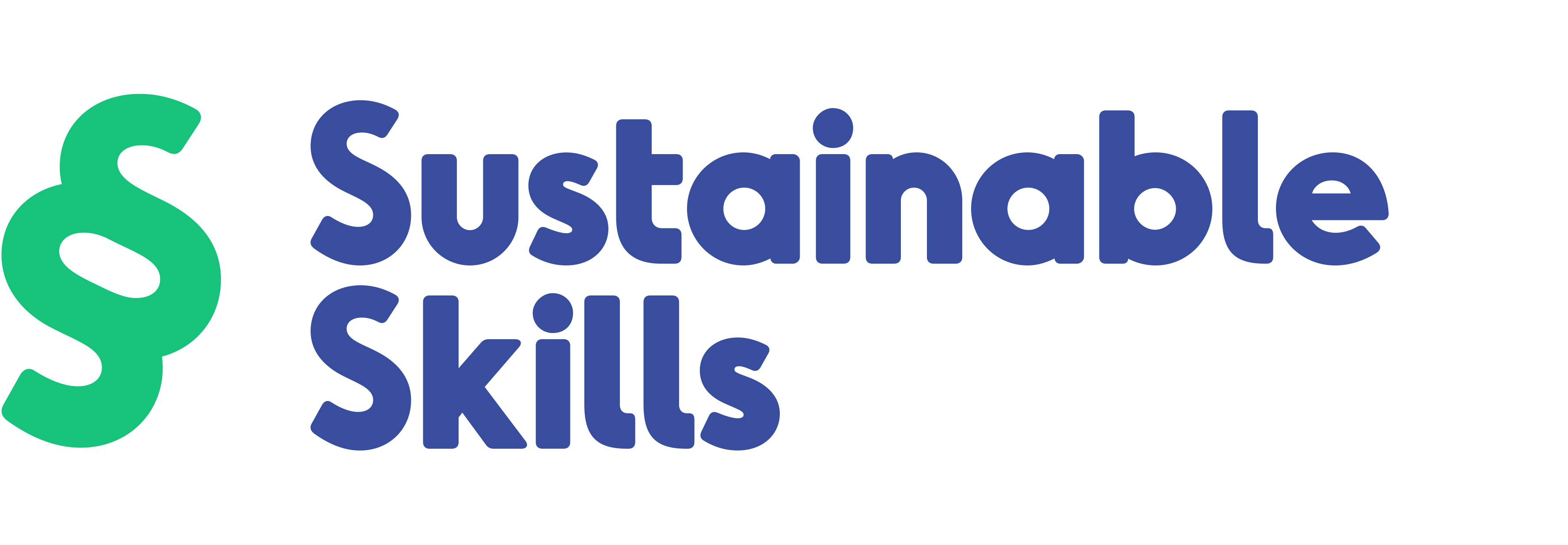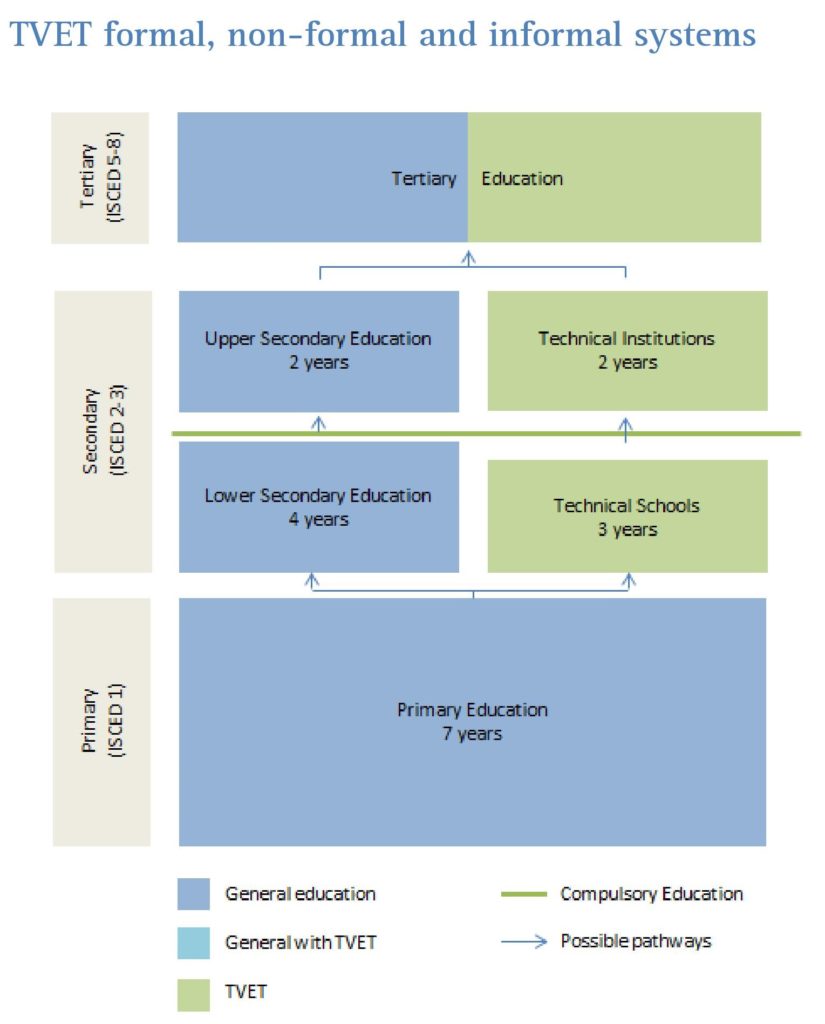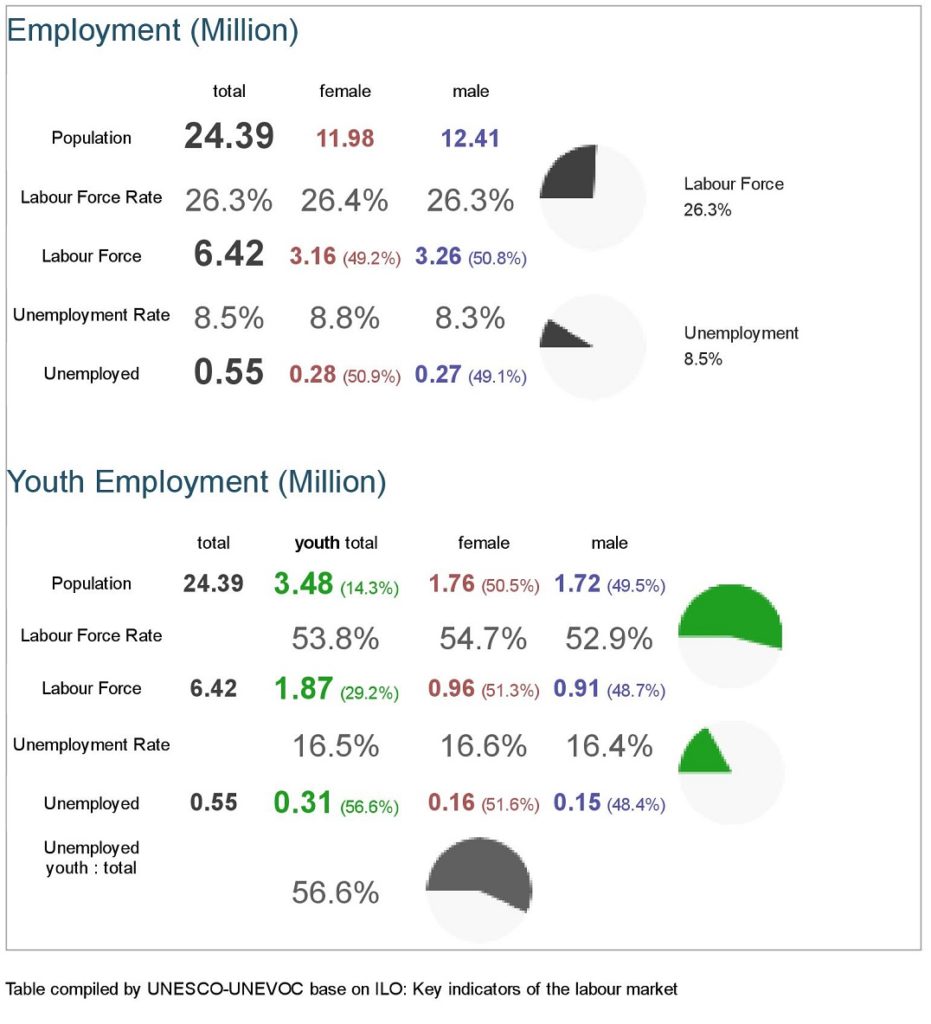
Our CEO, Nigel Carpenter, delivered a lecture on the challenges and opportunities in establishing a Centre of Excellence focused on industry-led and the Australian TVET experience at the proposed location in Bandung.
Indonesia is currently undergoing a transition phase as it develops to become a knowledge-based economy focused on increased competitiveness, growth and productivity. Skills are significant obstacles in this respect, and the country’s government is investing more in the development of the nation’s education and training system to close these gaps and to transform the Indonesian technical and vocational education and training (TVET) system into one that provides demand-driven programmes, aimed at improving employability and participation in lifelong learning.
To continue Indonesia’s economic expansion President Widodo started an infrastructure development program to help bring more of the population out of poverty. The program requires millions of skilled people that are not available in Indonesia. To address this issue President Widodo instructed his Ministries to make vocational education reform a priority to improve the quality and competitiveness of his country’s human resources. Currently there is a significant mismatch between skills development and industry skill needs.
The main challenges currently facing TVET in Indonesia come down to a lack of engagement with industry and understanding of the demands of the labour market. The skills of the Indonesian workforce do not meet the demands of the labour market. Addressing this skill mismatch supports higher productivity, competitiveness and growth.
National TVET Centre of Excellence
As part of the national TVET reform Indonesia is establishing a new national TVET Centre of Excellence. I was invited to review the plans and deliver a lecture in Bandung last week on the challenges and opportunities of establishing the Centre.
Development of the Centre of Excellence for TVET in Indonesia will address the fundamental mismatch between training outcomes and industry needs. The objective is to influence the broader Indonesian TVET ecosystem to support students in finding the ‘right training’ at the ‘right time’ for the ‘right job’. It’s about having the right people in the right places.
The Indonesian Government recognises that the TVET system must be competency-based with standards pertaining to industry. In effect it must be demand-driven.
Further objectives of the Centre of Excellence are to:
• Open and develop new training programs relevant to the job market
• Develop a research and development centre, which will serve as a reference centre and vocational education policy analysis centre
• Establish and develop a teacher certification program
• Establish and develop a qualified teacher training and education centre
• Work with policy makers to drive change to TVET systems
• Develop equal access to quality job opportunities for all
• Ensure people have the skills needed by the job market
The Centre of Excellence recognises the need to work with Industry to identify Industry’s skills needs and help people graduating from TVET colleges find a job and address the quality of Indonesian teachers and lecturers.
During my visit we discussed many aspects of a successful TVET ecosystem including the following six principles:
• Competency based
• Industry led, stakeholder friendly
• Flexible, scalable and customisable
• Integrated soft skills
• Data driven
• Focused on vocational outcomes
Whilst recognising outcomes are based on a shared responsibility between government, industry and training organisations, we also discussed the importance of Industry’s role:
• Industry involved at every step-in qualification development and implementation (training) and training regulation
• Ultimately, industry is the primary ‘client’ of any TVET system, central to increasing human capital development
• While industry may ‘know’ what it needs, only an effective TVET system can help translate those needs into actionable skills development for the nation’s workforce capability while supporting a growing economy
• Both industry and training providers, supported by the TVET ecosystem as a whole, have a ‘hand-in-glove’ relationship
• The basis of this relationship is an approach to curriculum design and teaching that can support the priorities of both and lead to quality outcomes for students
The Centre of Excellence is in the design phase of determining how it can influence better outcomes. Sustainable Skills is helping to explore how it can influence the broader Indonesian TVET ecosystem and develop the human resource skills and TVET systems needed to support students in finding the ‘right training’ at the ‘right time’ for the ‘right job’.
Sustainable Skills develops, supports and assists effective technical and vocational education and training (TVET) systems worldwide.





